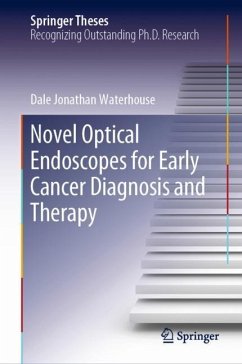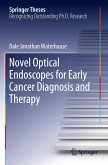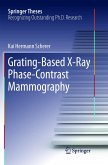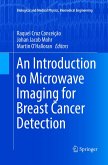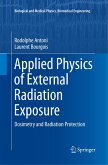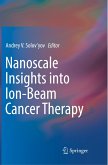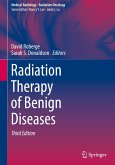This thesis describes the design, development, characterisation and clinical translation of three novel devices for optical endoscopic imaging. Over the past decade, rapid innovation in optics and photonics has led to the availability of low-cost and high-performance optical technologies that can be exploited for biomedical applications, but relatively few have been translated into clinic. The work presented outlines for the first time, a comprehensive analysis of the common barriers and unique challenges associated with the translation of optical imaging techniques. To assist developers streamline translation of optical imaging devices in future, a roadmap to clinical translation is outlined, and key translational characteristics are defined. Guided by these, subsequent development of endoscopic devices resulted in preparation and approval of endoscopes for first in human trials in the oesophagus, for early detection of cancer, and in the brain, for delineation of tumour during surgical resection. The thesis culminates in the presentation of results from the first in human use of a compact multispectral endoscope for imaging endogenous tissue contrast in the oesophagus. With continuation of the work as outlined at the end of this thesis, the novel techniques described have the potential to improve the standard of care in their respective indications.

